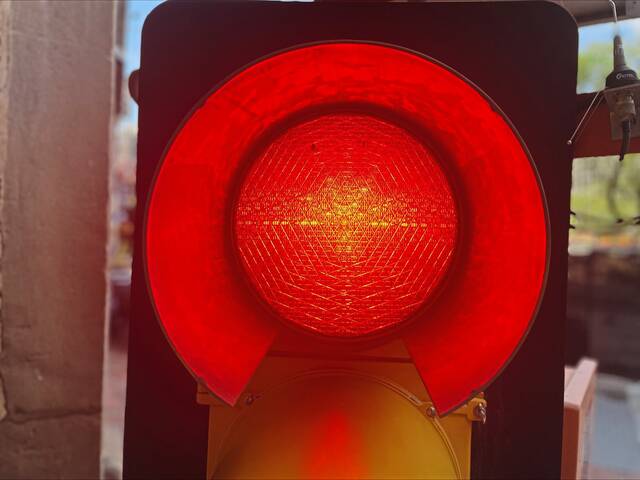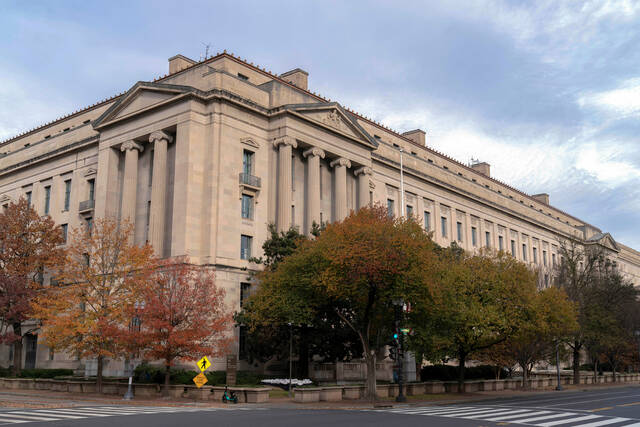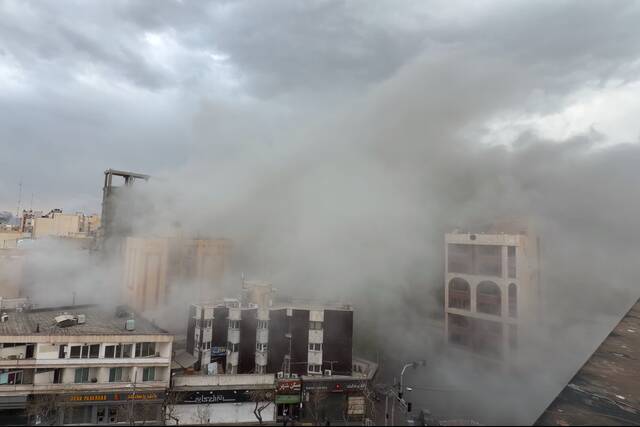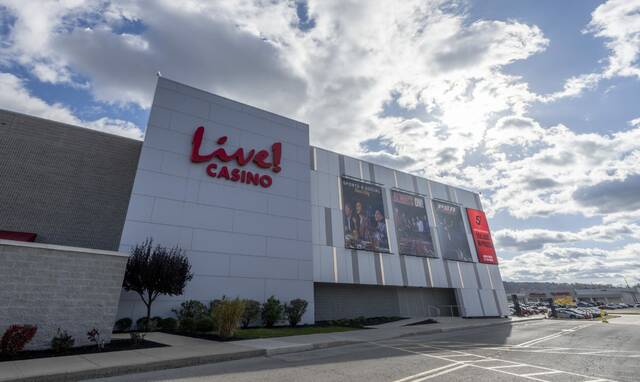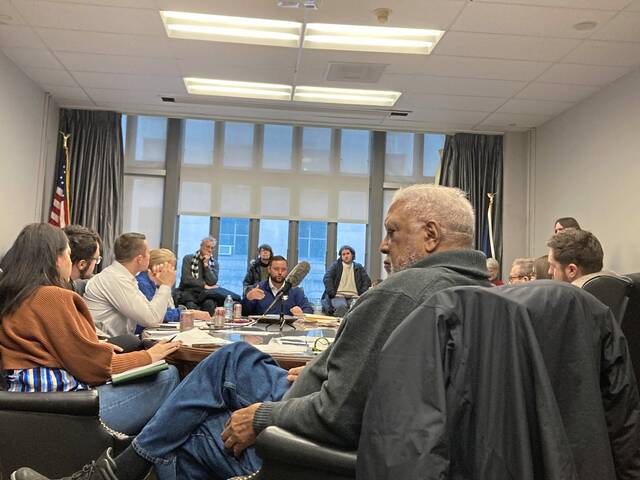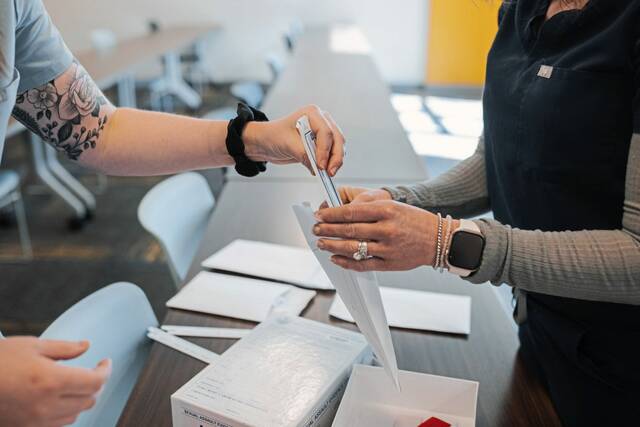Drivers speeding through red lights in parts of Pittsburgh will soon receive tickets through an automated camera system to be installed this winter at several intersections.
“This will change the way people drive in the city,” Councilman Bobby Wilson, D-North Side, said Tuesday, adding the new system is meant to make pedestrians feel safer.
Officials with the Department of Mobility and Infrastructure told City Council members ahead of a preliminary vote last week they want to use the cameras at the following intersections:
• North Dallas and Penn avenues in Point Breeze.
• General Robinson and Anderson streets in the North Shore.
• Negley and Fifth avenues at the border of Shadyside and Squirrel Hill.
• West End Bridge and Route 65 in Chateau.
• Saw Mill Run Boulevard and Woodruff Street at the border of Mt. Washington and West End.
• Browns Hill Road and Parkview Boulevard in Squirrel Hill South.
The Pennsylvania Department of Transportation will need to approve the locations.
The automated red light system comes after the city tallied 750 crashes due to people running red lights between 2019 and 2023, said Angie Martinez, assistant director of the Department of Mobility and Infrastructure. Seven of those crashes were fatal.
“This is a real safety issue,” she said.
City Council on Tuesday unanimously voted to contract with Arizona-based Verra Mobility to install and operate the first six red light cameras throughout the city. Officials estimated the initial round of cameras will be operational this winter.
The goal is to reduce dangerous driving and reduce fatal crashes without requiring police officers to monitor intersections in person.
A person will review each incident before sending out tickets.
The first batch of cameras will begin with a 60-day warning period. During that time, anyone caught by the automated system will receive a warning, not a real ticket.
State law sets the fine at $100.
The measure council approved will cost nearly $14 million over five years. But the city can recoup the cost with revenue generated from the tickets.
Any additional revenue goes to PennDOT, which then distributes the money to municipalities across the commonwealth to help fund road safety projects.
Another six intersections will be added each year through the five-year contract, up to 30 by the end of 2029.


